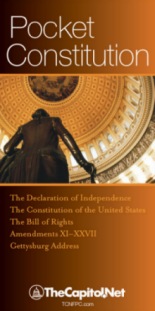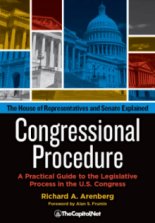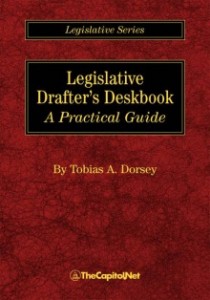“Agency Rescissions of Legislative Rules,” CRS Report R46673
Federal administrative agencies carry out their statutorily prescribed responsibilities in many ways. Perhaps most significantly, agencies may, pursuant to congressionally delegated authority, promulgate rules with the force of law, commonly known as “regulations,” “substantive rules,” or “legislative rules.” The Administrative Procedure Act (APA) establishes the procedural framework with which agencies generally must comply when issuing … Read more






